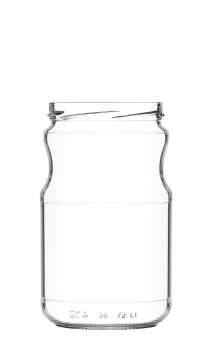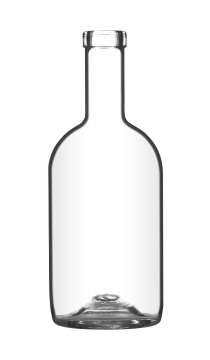Factors Determining the Quality of Glass
Glass is a material widely used in almost every aspect of our lives due to its versatility and functionality. Depending on the area of use and application, glass has different quality standards and characteristics. For this reason, various criteria and assessment methods are used to determine the quality of glass. Some of the important criteria considered in determining the quality of glass are as follows:
1. Chemical Composition:
The quality of glass, typically made from a mixture of materials such as silicon dioxide (silica), soda, and limestone, is directly related to the correct proportions, purity, and homogeneous mixing of these materials and is one of the critical factors concerning quality. Significant properties of glass, such as durability and heat resistance, depend on its chemical composition.
2. Appearance:
Glass is a unique material that combines aesthetics and functionality. Glass with a clean and flawless appearance not only provides a visually pleasing image but also performs its function in the best possible way. The cleanliness and appearance of glass are significant factors that directly affect its quality. Defects such as stains, cracks, and air bubbles on the surface can lead to a decrease in glass quality. The properties of any material related to light are called optical properties. Optical property typically includes factors such as reflection, refraction, transmission, dispersion, and absorption. As with all materials, optical properties are important in glass and greatly affect its quality. The aesthetics and beautiful appearance of the glass are completed with optical properties.
3. Mechanical Strength:
Mechanical strength is a material's ability to resist external forces. In glass, mechanical strength refers to how much impact, load, and stress the glass can withstand before breaking. This criterion is a factor that determines the long-term use and functionality of the glass. The service life of glass directly affects qualities such as safety and performance during use.
4. Thermal Behavior:
Thermal behavior reveals how glass responds to changes in temperature and includes properties such as heat transmission, coefficient of expansion, and heat resistance. The thermal behavior properties affect the durability and performance of glass. Quality glasses are those with strong thermal insulation and transmit heat at very low levels. Thus, glasses with strong thermal insulation, especially when used in windows of buildings or insulation panels, provide stronger thermal insulation, helping to maintain a more stable temperature indoors. These glasses, resistant to thermal shocks, are more durable against cracking and breaking.

18.04.2024







